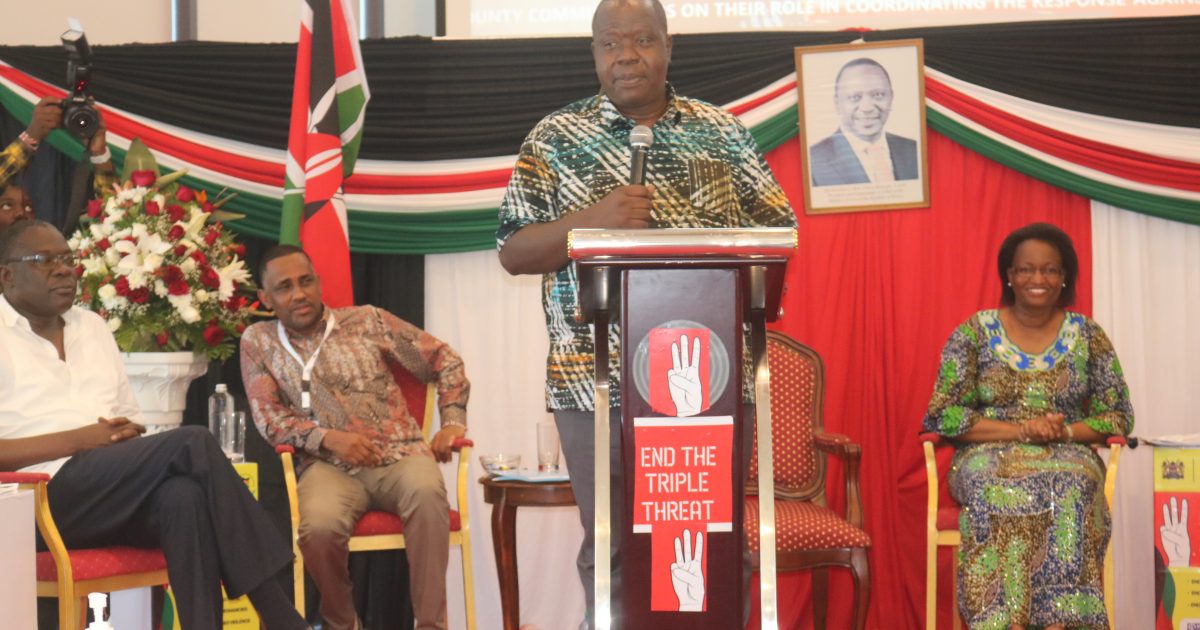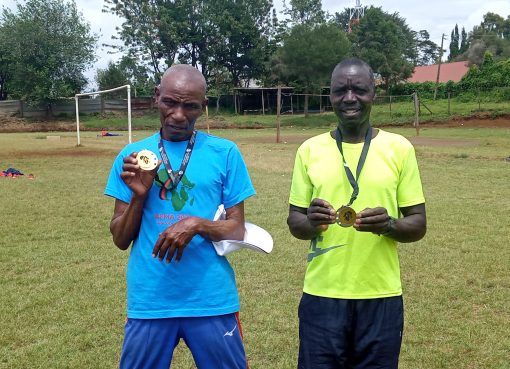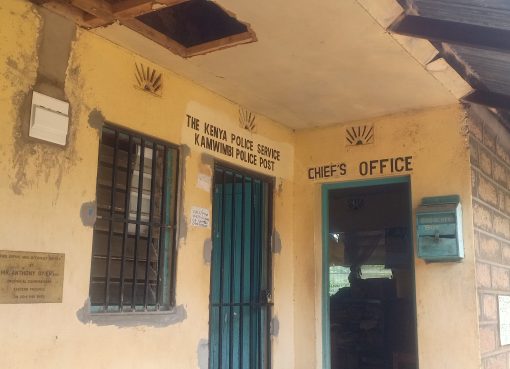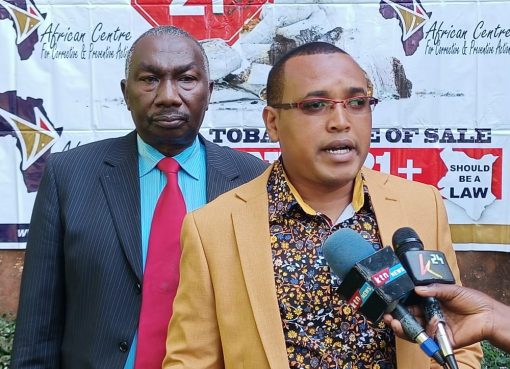Cabinet Secretary for the Ministry of Interior and Coordination of National Government Dr Fred Matiang’i has directed National Government Administration Officers (NGAOs) to firmly deal with catalysts fuelling teen pregnancies, new HIV infections and gender based violence in the country.
Matiang’i described practices like disco matanga, traditional courts system and funeral vigils as forums exacerbating the three social challenges facing girls aged between 10 and 19 years.
He was speaking in Mombasa during the National Dialogue with the regional and county commissioners on their roles in coordinating response against HIV, teenage pregnancies and gender based violence code named ‘Triple Threat’ in Kenya.
The CS directed County Commissioners to be ruthless in dealing with the vices and where necessary sack Chiefs and Assistant Chiefs found protecting culprits of the vices from prosecutions.
The three-day national dialogue on the ‘Triple Threat’ taking place at English Point Marina is attended by the eight Regional Commissioners (RCs) and 47 County Commissioners (CCs) to discuss the roles of NGAOs officers in scaling down the surge in the vices in the country.
Matiang’i further directed the top ranked administrators to use established structures to mop up public sensitization campaigns with the objective of halting triggers of the vices he termed as silent pandemic affecting the country’s youthful population.
“I therefore, call upon the county commissioners to ensure that we include the agenda of ending the triple threats in our public engagements programmes, create a conducive environment where young people thrive without discrimination, stigma and violence. Improve school enrolment, retention, transition and completion rates by ensuring that all children are in school,” counseled Matiang’i.
The CS further directed his officers to leverage on barazas and nyumba kumi meetings to engage gatekeepers and religious leaders to create awareness, report cases with a view of scaling down vices, encourage community centered solutions and collect data to ensure evidence based decision making and response.
“Partner with education officers, Nyumba Kumi elders, parents’ associations as well as non-State actors to encourage all children to attend and remain in school and transition to the next level. Collaborate with community and religious leaders to enforce laws legislating the age of marriage at above 18 years among all communities,” he added.
The CS further directed the senior NGAO officers to ensure that perpetrators of teenage pregnancies and gender based violence face the full force of the law and ensure that any girl who gets pregnant goes back to school.
“Tackling these threats requires a multifaceted approach. I cannot emphasize enough the need for strong community health and administrative systems supported by an equally strong multi-agency approach as key pillars in the prevention and management of these vices,” added Matiang’i.
Matiang’i also called on National Aids Control Council (NACC) and National Council for Population and Development (NCPD) to hone County Commissioners and Deputy Commissioners with the necessary skills, so that they serve as Training of Trainers (ToT) to other administrative officers, to bolster the fight against the triple threat.
“On this matter, there is no NGAO, Ministry of Health, or Education Ministry. It is all of us versus Triple Threat. It is important you develop tools for the TOTs to use in training our other administrative officers. Develop training manual, literature to administer the training,” he added.
In her speech, Ministry of Health Principal Secretary Susan Mochache, said the country has made collective efforts in dealing with the three vices in the last three years.
“In 2018, there were 427,135 cases of teenage pregnancies reported at antenatal clinics. These numbers, though still high, reduced by 26 percent to 317,644 in 2021. Counties such as Kilifi, Taita-Taveta and Siaya have reduced the number of teenage pregnancies by more than 50 percent in the same period,” added Mochache.
She further stated that the National Government has made great strides in collaboration with other partners towards ending AIDS as a public health threat adding that between 2013 and 2021, HIV programmes have yielded a 67 percent decline in annual AIDS-related deaths.
“This encouraging performance reflects an increase of 83 percent in the number of people living with HIV that are on life-saving antiretroviral treatment, from 600,000 people in 2013 to 1.2 million people in 2021,” she stated.
“For adolescent girls, in 2015, every week, more than 343 girls aged 10-19 were newly infected with HIV. In 2021, these numbers albeit still high had been reduced by 71 percent to about 98 cases in a week,” Mochache added
She further indicated that 12,520 cases of sexual and gender-based violence were reported last year with 4,664 survivors provided with HIV preventive services with 53 of them contracting the virus.
“While we acknowledge progress, we are still concerned that every week, 98 girls aged 10-19 are newly infected with HIV. This year, in the months of January and February, we attended to 45,724 pregnant adolescents of the same age group and 2,196 cases of sexual and gender-based violence among those aged 12-17,” added Mochache.
The Health Ministry Principal Secretary further told the forum that in 2021, of all antenatal care attendances, 21 percent were adolescent mothers aged 10-19 with 23,279 of girls aged 10-14 recorded in the health facilities as presenting with pregnancies.
“Kenya has a predominantly young population, with 67 per cent aged below 29 years. We cannot nurture their potential if we continue to condone the disruption of education for adolescent girls,” she stated.
By Galgalo Bocha





